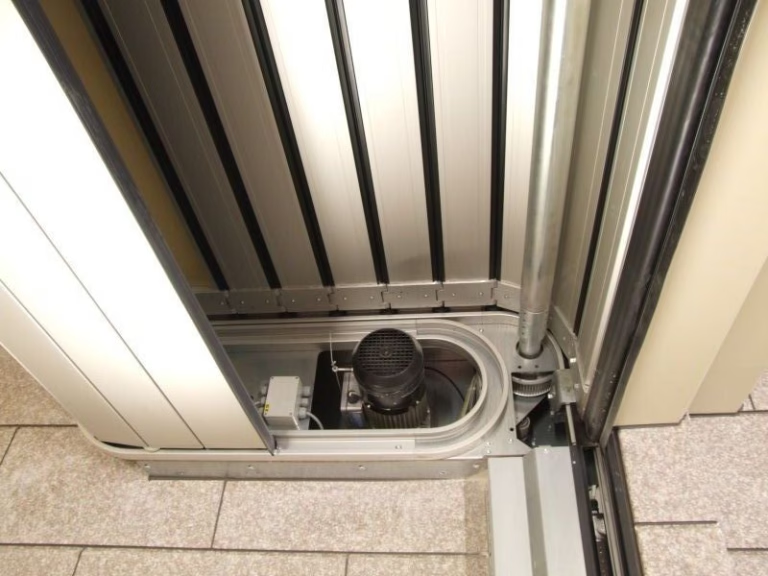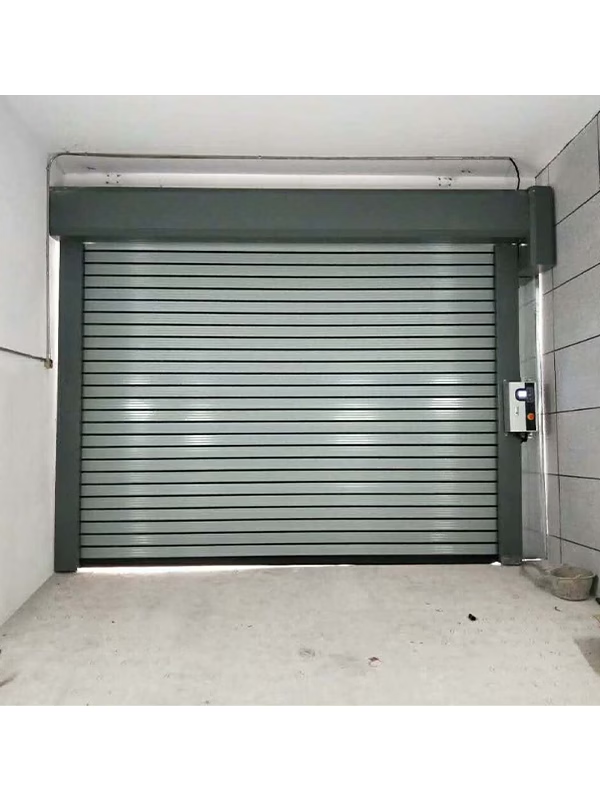commercial roll up doors
Commercial Roll-Up Doors: A Comprehensive Guide
What Are Commercial Roll-Up Doors?
Commercial roll-up doors are highly functional overhead doors designed for businesses, warehouses, industrial facilities, and retail spaces. They consist of horizontal slats or panels that roll up into a compact coil above the door opening, providing space efficiency and durability. These doors are commonly used in loading docks, garages, storage units, and high-traffic commercial areas due to their strength, security, and ease of operation.
Types of Commercial Roll-Up Doors
1. Steel Roll-Up Doors
Steel roll-up doors are the most common type, known for their durability, security, and resistance to harsh weather conditions. They are ideal for warehouses, industrial buildings, and automotive shops.
- Pros: High security, fire-resistant options available, low maintenance.
- Cons: Heavier than aluminum, may require stronger support structures.
2. Aluminum Roll-Up Doors
Aluminum roll-up doors are lightweight, corrosion-resistant, and suitable for environments where frequent operation is needed, such as retail stores and restaurants.
- Pros: Rust-proof, energy-efficient, smooth operation.
- Cons: Less impact-resistant than steel.
3. Security Roll-Up Doors
These doors are reinforced with heavy-duty materials, often featuring anti-pry mechanisms and high-security locks. They are used in banks, data centers, and high-value storage facilities.
- Pros: Enhanced theft protection, tamper-resistant.
- Cons: Higher cost, may require professional installation.
4. Fire-Rated Roll-Up Doors
Designed to prevent fire spread, these doors meet strict fire safety codes and are used in commercial kitchens, hospitals, and industrial plants.
- Pros: Fire containment, code-compliant.
- Cons: Expensive, limited aesthetic options.
5. Insulated Roll-Up Doors
Insulated roll-up doors help regulate indoor temperatures, making them ideal for cold storage, food processing plants, and climate-controlled warehouses.
- Pros: Energy-efficient, noise reduction.
- Cons: Thicker design may reduce opening space.
Key Features of Commercial Roll-Up Doors
1. Space-Saving Design
Unlike traditional swinging or sectional doors, roll-up doors coil vertically, freeing up floor and wall space.
2. Durability & Longevity
Constructed from high-grade steel or aluminum, these doors withstand heavy use, extreme weather, and frequent cycling.
3. Security Enhancements
Options include reinforced slats, tamper-resistant locks, and impact-resistant coatings to deter break-ins.
4. Automation & Smart Controls
Many commercial roll-up doors integrate with motorized systems, remote controls, and smart access technologies for seamless operation.
5. Weather Resistance
Sealed edges, wind-resistant designs, and insulated panels protect against rain, wind, and temperature fluctuations.
Applications of Commercial Roll-Up Doors
1. Warehouses & Distribution Centers
High-speed roll-up doors improve logistics efficiency by allowing quick loading and unloading.
2. Retail & Storefronts
Aluminum and glass roll-up doors enhance aesthetics while providing security after hours.
3. Automotive & Repair Shops
Steel roll-up doors withstand frequent use and provide insulation for temperature-controlled environments.
4. Food & Pharmaceutical Storage
Insulated and hygienic roll-up doors maintain strict temperature and cleanliness standards.
5. Parking Garages & Loading Docks
Heavy-duty roll-up doors ensure smooth vehicle access while enhancing security.
Factors to Consider When Choosing a Commercial Roll-Up Door
1. Material Selection
- Steel: Best for security and durability.
- Aluminum: Ideal for lightweight, corrosion-resistant needs.
- Fiberglass: Used in corrosive environments like chemical plants.
2. Size & Customization
Measure the opening width and height accurately. Custom sizes are available for non-standard openings.
3. Insulation Needs
For temperature-sensitive areas, choose doors with polyurethane or polystyrene insulation.
4. Security Requirements
Consider reinforced slats, high-security locks, and impact resistance based on risk levels.
5. Operating Mechanism
- Manual: Chain or spring-operated for low-budget options.
- Automatic: Motorized with remote or sensor activation for convenience.
6. Compliance & Certifications
Ensure doors meet industry standards (e.g., UL, NFPA, ANSI) for fire safety, wind resistance, and energy efficiency.
Installation & Maintenance Tips
1. Professional Installation Recommended
Improper installation can lead to operational issues. Hire certified technicians for precise fitting.
2. Regular Lubrication
Apply silicone-based lubricant to tracks, rollers, and hinges to ensure smooth movement.
3. Inspect for Wear & Tear
Check for bent slats, loose fasteners, and damaged seals periodically.
4. Clean Tracks & Sensors
Dust and debris can hinder performance. Wipe tracks and clean photoelectric sensors regularly.
5. Test Safety Features
Ensure auto-reverse mechanisms and emergency releases function correctly.
Cost of Commercial Roll-Up Doors
Prices vary based on material, size, insulation, and automation:
- Basic Steel Doors: $500 – $1,500
- Insulated Aluminum Doors: $1,200 – $3,000
- High-Security Doors: $2,000 – $5,000+
- Fire-Rated Doors: $3,000 – $8,000
Top Brands in Commercial Roll-Up Doors
- Rytec – High-speed, durable doors for industrial use.
- ASI Doors – Customizable security and fire-rated options.
- Overhead Door Corporation – Reliable commercial-grade doors.
- Hormann – Energy-efficient and insulated solutions.
- Janus International – Affordable, high-performance roll-up doors.
Frequently Asked Questions (FAQs)
1. How long do commercial roll-up doors last?
With proper maintenance, they can last 15–30 years, depending on usage and material.
2. Can roll-up doors be repaired if damaged?
Yes, individual slats can often be replaced without replacing the entire door.
3. Are motorized roll-up doors worth the investment?
Yes, for high-traffic areas, automation improves efficiency and security.
4. Do roll-up doors require a lot of maintenance?
Minimal maintenance is needed—regular lubrication and inspections suffice.
5. Can roll-up doors withstand extreme weather?
Yes, wind-rated and insulated models are designed for harsh conditions.
Final Considerations for Buyers
When selecting a commercial roll-up door, prioritize durability, security, and operational efficiency. Assess your facility’s specific needs—whether it’s fire resistance, insulation, or automation—to make an informed decision. Consulting with a professional installer ensures optimal performance and longevity.


